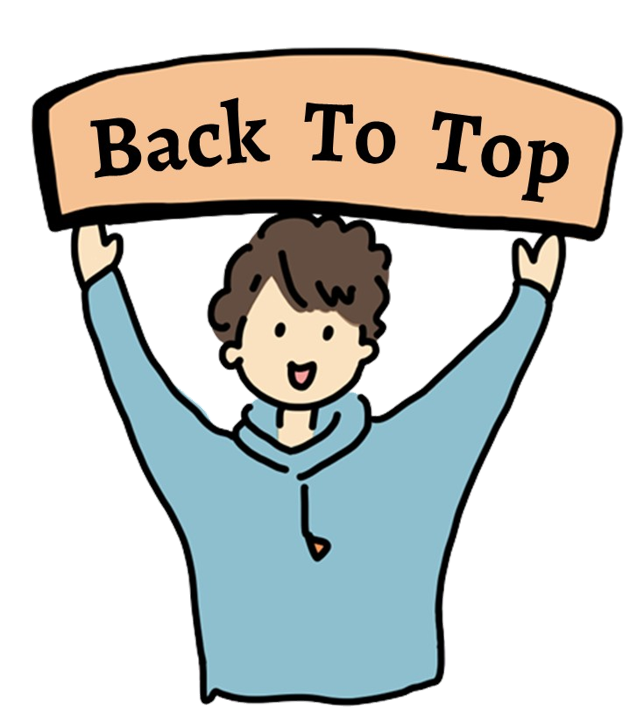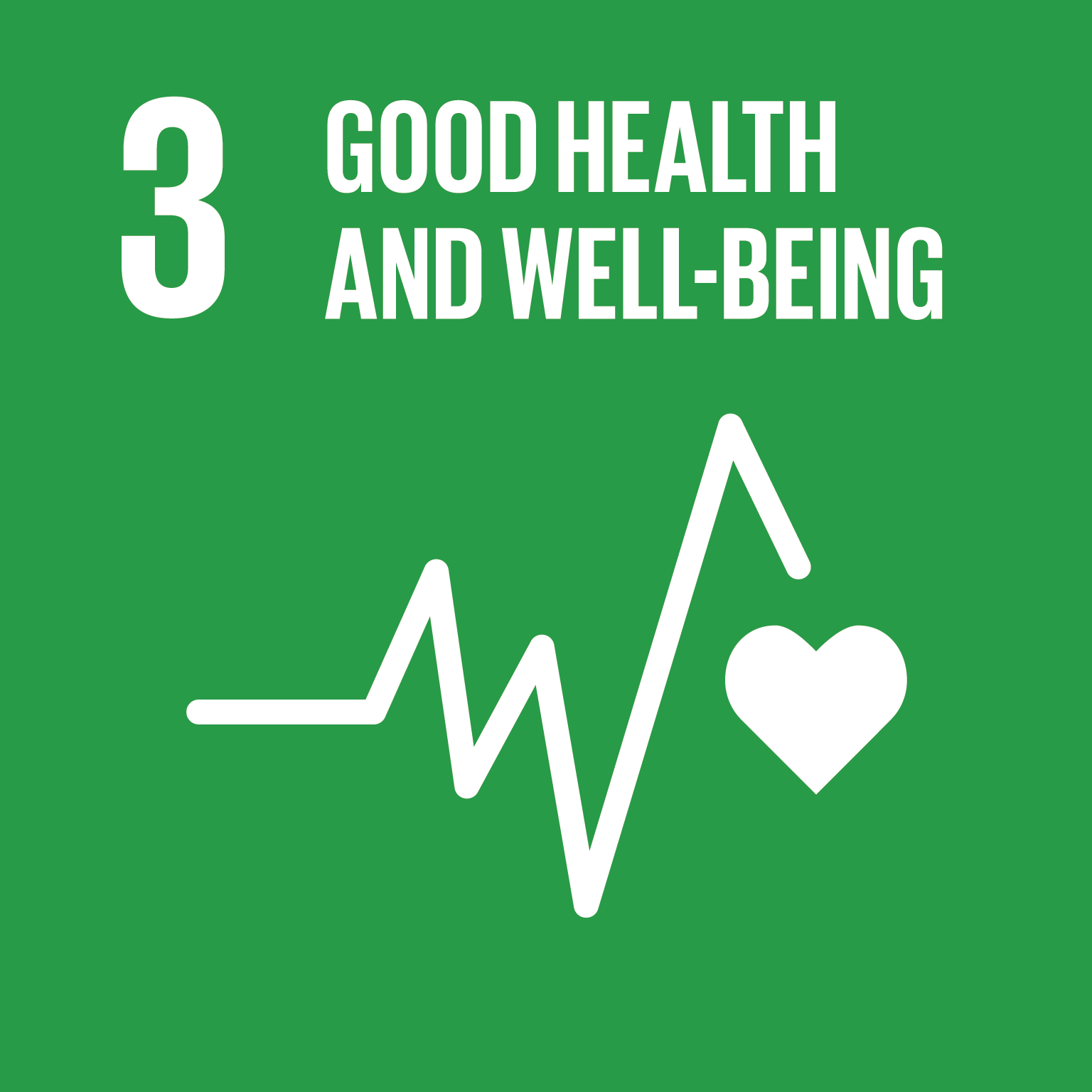
Introduction
Building a sustainable project has been one of iGEM NCKU_Tainan 2021’s greatest consideration. When designing each stage of MenTAUR, we always remind ourselves of the purpose: to provide a highly accessible stress solution for all the people in need, especially in countries that lack mental health resources. We believe turning our innovation into a renowned business would bring us closer to a sustainable community. From these 17 Sustainable Development Goals (SDGs), our team has prioritized four of these to serve as guidelines for us to comply with SDGs:
#3: Good Health and Well-Being
Our team aims to reduce the risk of stress-induced depression as it has been causing great impacts on the world and does not show the signs of the numbers dropping over the years, if not the increment only became more and more significant due to the pandemic. Hence, we believe that MenTAUR’s idea aligns with sub-goal number three. We aspire to help people recover from the impact posed by COVID-19 and ensure the well-being of the world's population.
Current medications for mental health problems are mainly antidepressants. But the risk/benefit ratio is still being debated, especially around those of milder mental health problems. Although our product is not supposed to be the only solution in resolving mental health issues, it could reduce the risk of stress-induced depression. Stress is the most common factor which often triggers and leads to other mental issues. Thus, we believe that Menbles is a promising solution in preventing further complications as its main purpose serves as a destressor.
#4: Quality Education
We are glad that mental health issues are being brought up more oftenly, this only happens due to proper public education. Previously, we have conducted a survey and found out that most respondents are still wary of GMOs. The public’s acceptance plays a major role in making our project into a reality. Apart from it, another thing we have noticed is that the distribution of the answers is kind of scattered when it comes to understanding certain subjects, like synthetic biology and GMO. This indicates that many of the respondents do not truly understand about those subjects, the difference in education they have received is noticeable. Those who have clearer understanding are more likely to try out our product and the opposite around those who do not. Thus, we are inspired to put in efforts and provide better education starting from the community around us.
We collaborated with iGEM Brawijaya from Indonesia and recorded an educational video about synthetic biology with its application. Majority in both our countries still lack the understanding about synthetic biology, or even worse they have never heard of it. Hence, we made the video and uploaded it on Instagram to borrow the power of social media for faster dissemination. Furthermore, we specifically held an online summer camp on a platform called Gather Town targeting middle and high school students. Besides, we also designed an education kit which contains a bubble experiment kit along with its procedures, short information comics, and booklet for elementary students. We believe that the best way to fix the misconception is to start educating the younger generation properly.
More of our attempts on this sub-goal could be seen through link: Communication.
#9: Industry, Innovation and Infrastructure
One of the most challenging matters in designing our solution is that we have to take into account the users’ drug compliance. From our survey, the average drug compliance rate of the respondents only reached around 5 out of scale 10. Therefore, we brainstormed on how to achieve a higher compliance rate. Perhaps we thought by integrating the solution into something close in daily lives, such as bubble tea, would spike up the rate.
We visited many industrial experts in order to overcome the barriers we have faced in the process, either from the traditional bubble industries or biotech companies. Our bubble is a special combination of traditional ones and functional food. Hearing opinions from different perspectives helped us in constructing our project more critically.
If we successfully set up our own startup, we could create job opportunities for more people. At the same time, our revolutionary innovation would encourage the traditional bubble industry to step up the game and possibly create more functional bubble teas like ours.
#14: Life Below Water
Overprescribing has been an issue lately, for example antidepressant that is being used abusively. Detectable amount of antidepressant content has been found in the sewage, drinking water, rivers, coastal waters, and animal tissues.[1] Eventually, this will pose a threat towards the environment and ecosystem as the so-called pharmaceutical pollution, especially in higher-income countries where medication is considerably affordable for many. It is kind of ironic if we compare this situation to developing countries with little access to medications. Although antidepressants have a clear place in therapy, the risk/benefit ratio for patients with mild mental health problems is certainly debatable. This is where our product, Menble, came into place. It is designed to reduce the risk of stress-induced depression and only released when interferon gamma and oxidative stress systems are sensed, unlike current psychotherapy drugs. We believe this function would contribute to this sub-goal, protecting the organisms in water environments from pharmaceutical pollution by reducing the risk of contamination.
#17: Partnership For The Goals
Imagine completing the goals we mentioned above without any forms of collaboration or partnership, is not it difficult? SDG 17 refers to the need for cross sector and cross country collaboration in pursuit of all the goals by the year 2030.[2] Working together with other iGEM teams from across the globe is one of the examples that fit in this criteria. By now, we have collaborated with more than 10 iGEM teams and worked closely with 2 teams among those, SDU Denmark and CCU_Taiwan. Our collaboration took form in many different ways, such as designing educational games, promoting synthetic biology, providing insights and resources for each other. Other than iGEM teams, we have also collaborated with a global mental health organization called Momentizing, where we interviewed the founder and exchanged infographics for mental health educational purposes.
If we are talking about long-term partnerships, we have found investors who are willing to support our project. In the future, when we have built our business steadily in Taiwan, we plan to spread our influence to other countries, especially developing countries, to engage in international trades so we can help them economically while also profiting at the same time creating a win-win solution.
References
- Antidepressants in the environment: combatting pharmaceutical pollution - Pharma Technology Focus | Issue 78 | January 2019. Nridigital.com. Published June 6, 2019. Accessed October 11, 2021. https://pharma.nridigital.com/pharma_jan19/antidepressants_in_the_environment_combatting_pharmaceutical_pollution
- Wikipedia Contributors. Sustainable Development Goal 17. Wikipedia. Published September 12, 2021. Accessed October 11, 2021. https://en.wikipedia.org/wiki/Sustainable_Development_Goal_17






